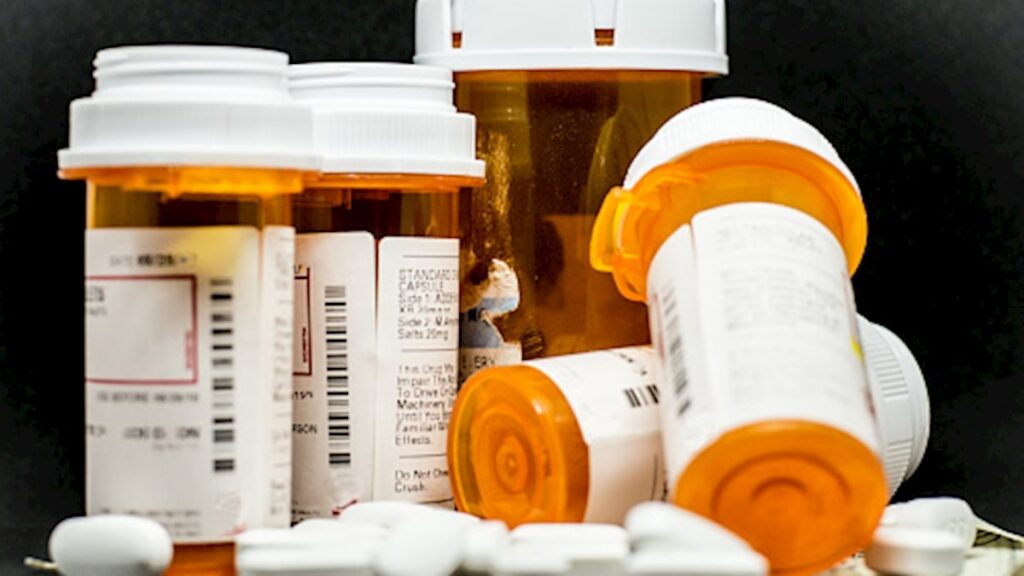This year every county in West Virginia, except Cabell County, is set to begin receiving opioid settlement funds, totaling over 400 million dollars from a nearly statewide lawsuit that was won in 2022.
Cabell County, and its largest city, Huntington, decided to bring their own joint lawsuit. They lost that suit in 2022, despite suing with the same claim that was used in successful state and nationwide lawsuits that the pharmaceutical companies had created a “public nuisance.”
The judge presiding over the case, U.S. District Judge David Faber, had a narrower interpretation over what constitutes a public nuisance than other judges on previous cases. The city and county appealed the decision.
Now the U.S. 4th Circuit Court of Appeals, which is considering the case, has asked the West Virginia Supreme Court of Appeals to answer a critical question: “Under West Virginia’s common law, can conditions caused by the distribution of a controlled substance constitute a public nuisance and, if so, what are the elements of a public nuisance claim?”
If the Supreme Court determines that those conditions do constitute a public nuisance claim then the case can proceed. Otherwise, the case against the pharmaceutical companies is dead.
Huntington Mayor Steve Williams said the nearly 100 million pills that were distributed to his city of less than 45,000 residents led to thousands of overdose deaths — and he hopes the courts see it that way as well.
“We remain hopeful that the court will find that under West Virginia law,” Williams said. “The City of Huntington and Cabell County had the right to file its claim that distributors of opioids can be held accountable for flooding the market with opioids and the resulting devastation of the opioid epidemic.”
Huntington was one of the hardest hit communities by the opioid epidemic. According to city officials, 1 in 10 residents is currently, or has been addicted to opioids. Williams said he is happy that the effort is still alive, so that the community can continue to heal.
“The reason that we need a settlement is to be able to rebuild and build back our community,” Williams said. “In a way that we can create a level of resilience to be able to overcome the curse that was placed on our community as a result of the greed of those companies.”
West Virginia Public Broadcasting reached out to the three pharmaceutical companies in the lawsuit, AmerisourceBergen, McKesson and Cardinal Health, but did not hear back in time for broadcast.




















